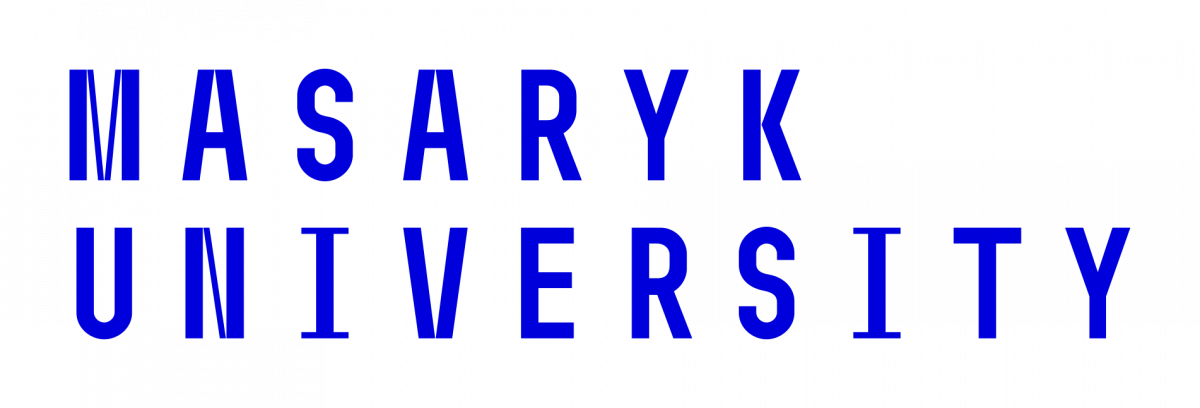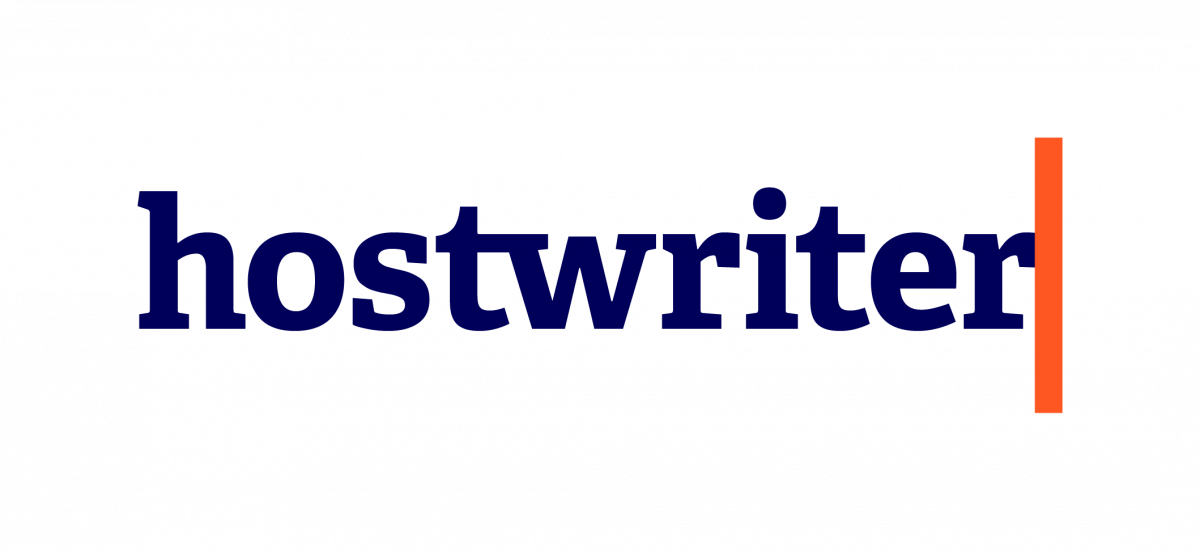The social responsibility of journalists in the digital public sphere is greater than ever. They still should provide credible information on the public issues, but they have to compete with a mass of non-professional, often inaccurate information. Digital technologies enable whistle-blowers to deliver sensitive information to journalists, without disclosing their identity. Journalists face day to day aggressive communication against particular social groups, political decisions but also their own performance. Journalists become easily activists, turning away from the positions of observer and reporter, traditionally devised for this professional activity.
The course:
01. What is journalism, who is a journalist? - Journalism and journalists in the digital age
02. Ethical editing in digital journalism
04. Cooperation between disclosure sites and journalists
05. Fake news, disinformation – new problems?
06. Fact checking in the digital media environment








